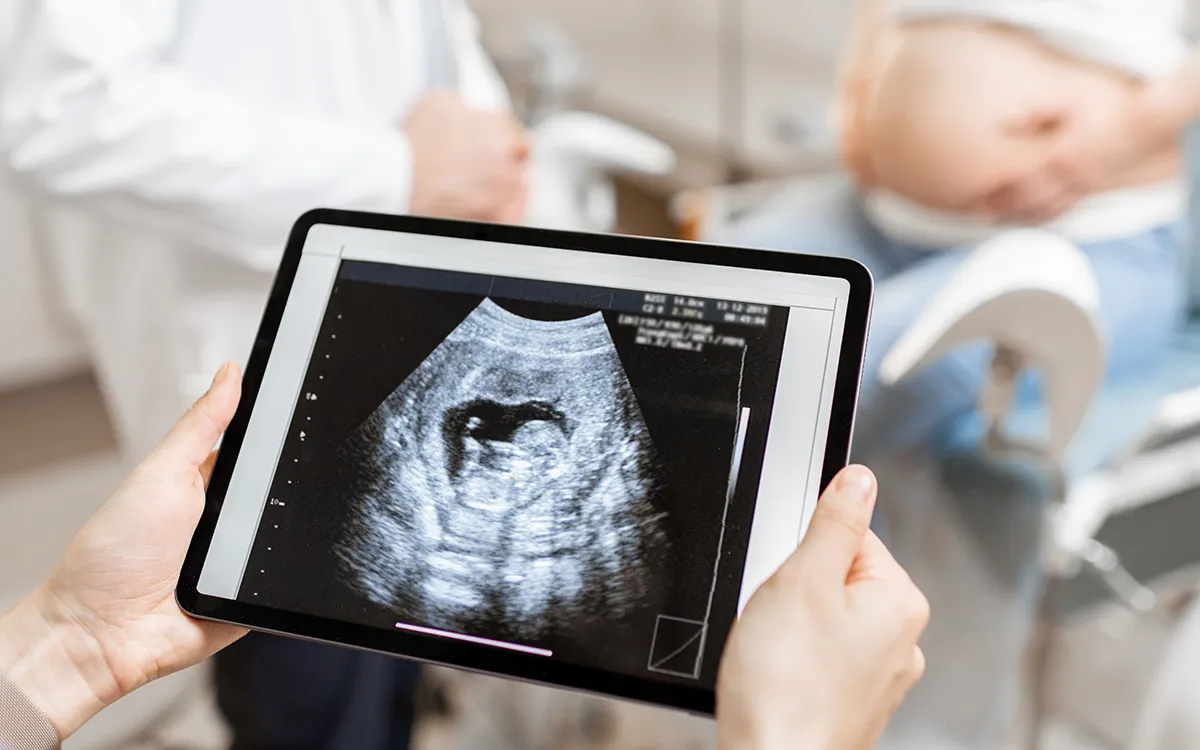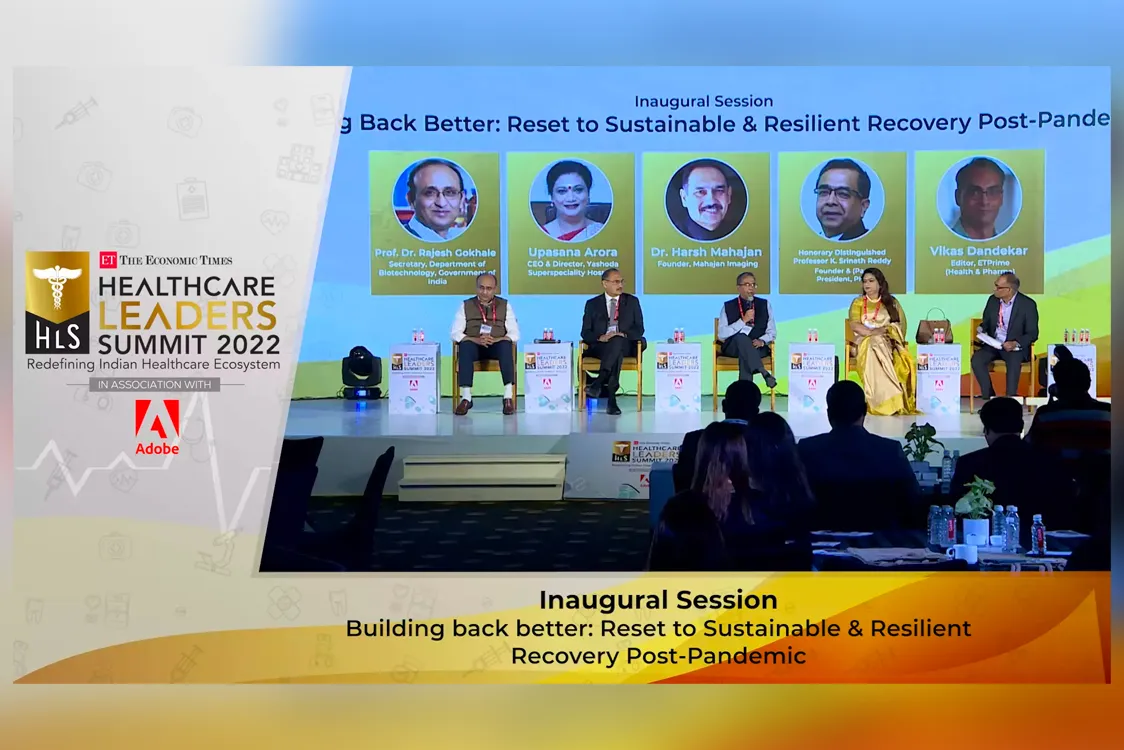The AQI in IVF clinics all over India showed how lab contaminants could harm the entire IVF procedure. A study was carried out to raise awareness about the value of real-time air quality monitoring in IVF centres.
Chennai: IVF procedures need a stable cultural environment, and indoor air quality directly affects how well they work.
A recent study aimed to raise awareness of the necessity of monitoring the real-time Air Quality Index (AQI) inside IVF centers throughout India. The study showed the pollutants inside labs, which could harm the IVF process.
Aura Air, a company that makes air purifiers, conducted a study on indoor air quality at various independent IVF clinics nationwide. The following parameters were examined in the survey: AQI, PM 2.5 and PM 10 (particulate matter), VOCs (volatile organic compounds), CO2, CO (carbon monoxide), temperature, and humidity.
The findings revealed that the lab’s average AQI spiked over 250 on several occasions, which is considered dangerous and unhealthy. The most prevalent pollutant in the study was VOC, a common indoor air pollutant. The highest recorded level was 2600 ppb, while the acceptable or safe level was less than 500 ppb. CO2, PM 2.5, PM 10, and CO levels were discovered to be within acceptable limits.
Bharadwaj PV, managing director of AuraAir, commented on the study’s findings by saying that “air particles or any pollutants found within labs can be detrimental to the entire IVF process. This study was carried out to raise awareness of the value of real-time air quality monitoring. Indian IVF centers are required to submit monthly air-quality reports under the Assisted Reproductive Technology (ART) Bill.
“Today’s IVF facilities have a specific budget for equipment that measures and lowers VOC levels. High-quality HEPA-based filters can be used to reduce indoor air pollution. We are confident that medical labs, IVF facilities, and hospitals will prioritise investing in air-quality monitoring and purification technologies shortly to eliminate dangerous VOCs that could impair lab results, he continued.




